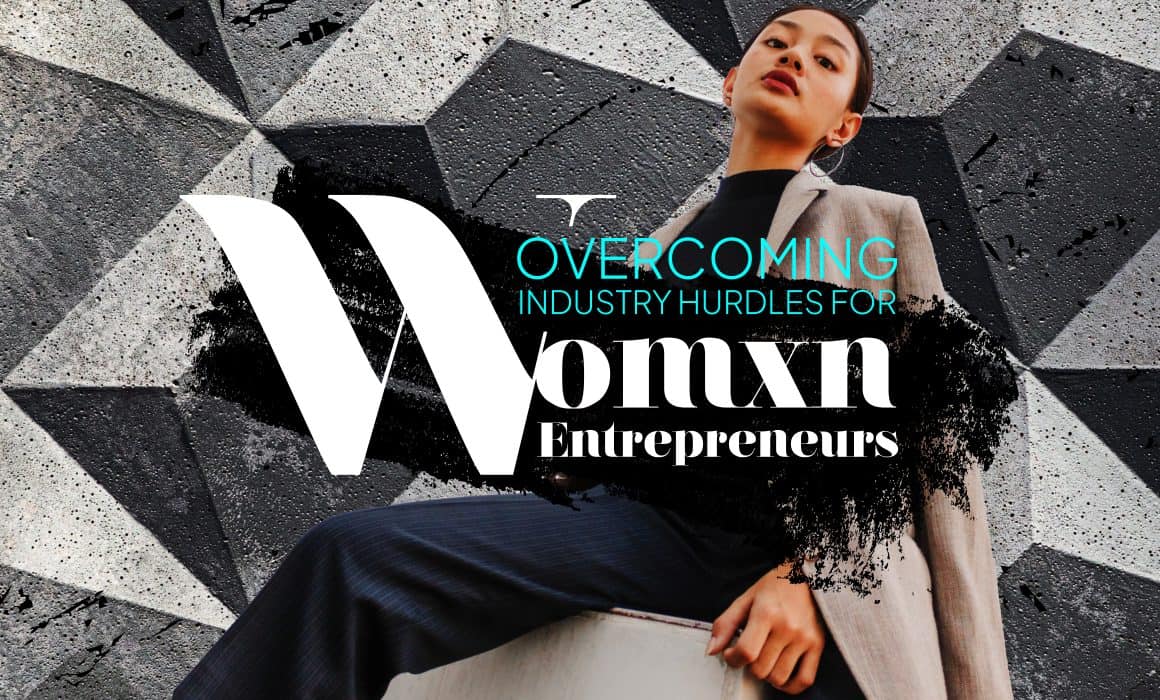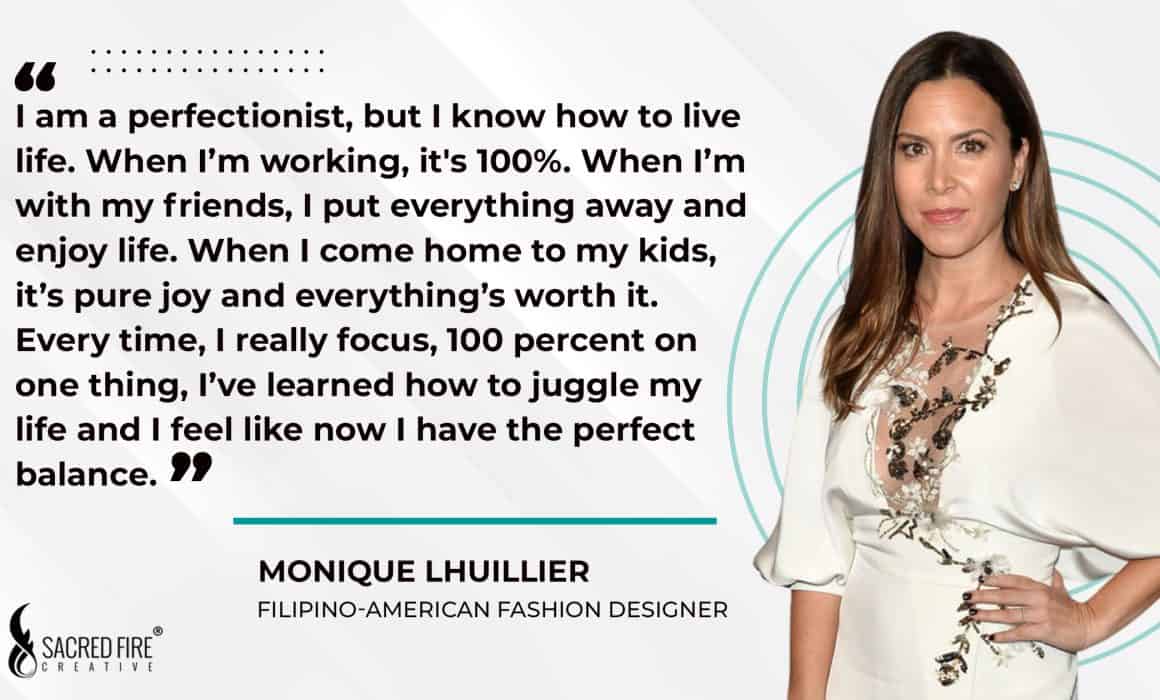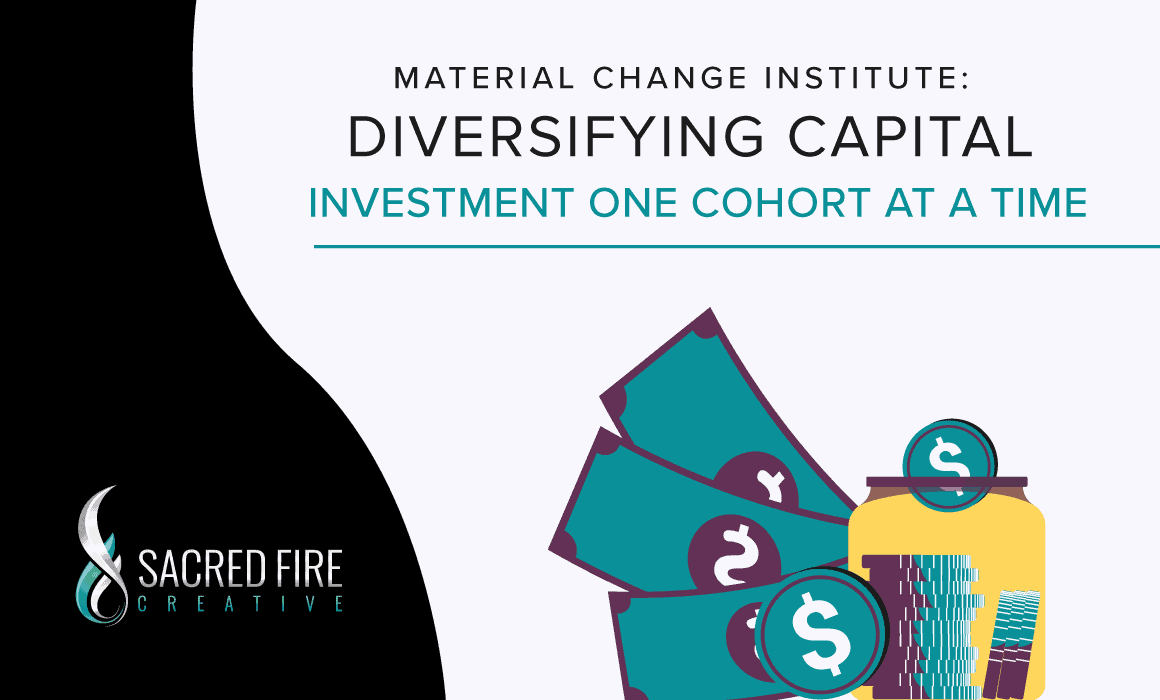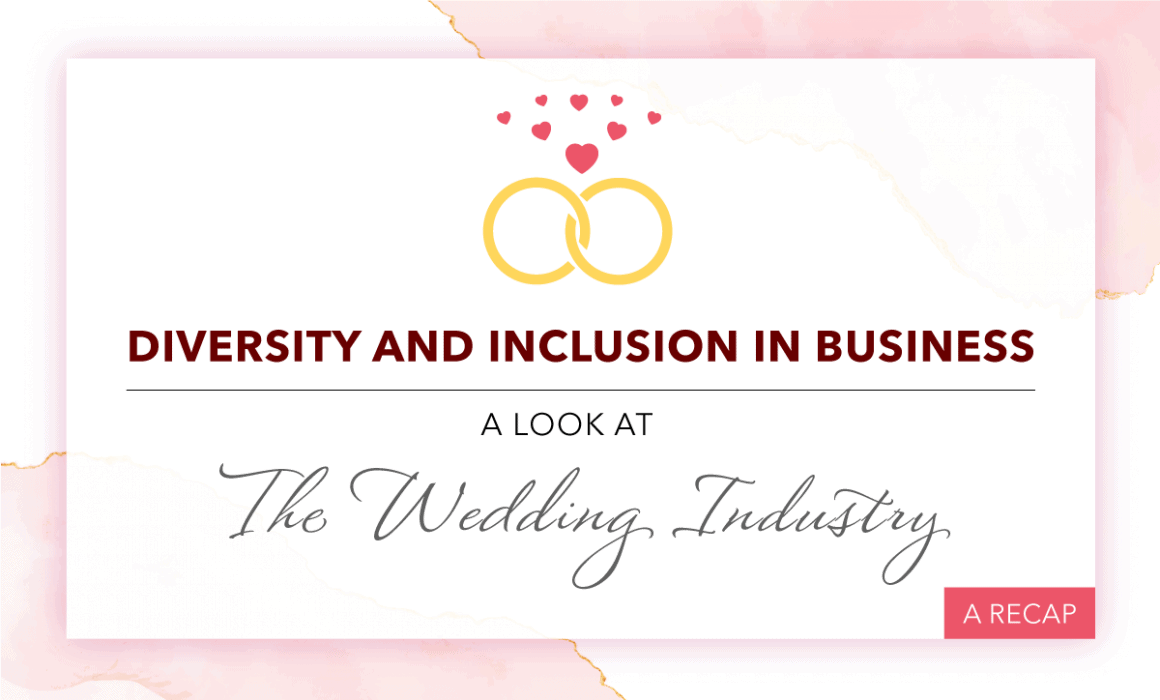Breaking Barriers: How US Womxn Entrepreneurs Can Overcome These 4 Common Business Hurdles
Hurdles are nothing new to womxn entrepreneurs in the US. While we’ve come a long way from challenges like needing our husbands’ or fathers’ signatures for loan or credit applications thanks to the Women’s Business Ownership Act of 1988, we still have some ways to go to secure our seats at the table. Still, with passion and determination, womxn business owners can overcome any obstacle on their path to success.
Let’s look at four common hurdles that womxn entrepreneurs typically face in the business arena. More importantly, let’s examine how we can get over them
Hurdle #1: Lack of Access to Capital
One of the biggest obstacles to any womxn entrepreneur’s success is lack of access to capital. Without funding or resources, we can’t build, much less grow, a thriving business.
As of 2019, women-owned businesses have created 10.8 million jobs in the US. They’ve also generated $1.8 trillion in earnings. And yet, in 2022, some 25% of women entrepreneurs have had their business loan applications denied compared to 19% of men. In 2023, only 28.4% of loans backed by the US Small Business Administration went to women-owned companies. As for venture capital funding, women-owned businesses received only 2% of the total capital invested by the end of 2023.
We’re clearly looking at a considerable gap in capital access for womxn entrepreneurs here. This is why many opt to self-fund their businesses by dipping into personal savings, using their personal credit cards, or with the help of family and friends.
But self-funding isn’t a choice that everyone can make. If that’s your case, here are options you can explore to raise capital for your business:
- Check out resources like Access to Capital Directory for Entrepreneurs by Bank of America.
- Set up crowdfunding campaigns through sites like Kickstarter and IFundWomen.
- Find women-led investment groups like Broadway Angels and TrueWealth Ventures.
- See what funding avenues are available at your local SBA Women’s Business Center.
Nina Vaca: Starting a business with $300
As the CEO of Pinnacle Group, Nina Vaca is one of the rare Latina leaders in the male-dominated IT industry. Her father’s death in the late 1980s compelled her to take over his travel agency at age 17. In 1996, when she was 25 years old, Nina started Pinnacle in her living room with only $300 in her pocket as a way to expand her family’s network. Today, Pinnacle is a billion-dollar company and one of the biggest workforce solutions providers in the world. It’s also one of the fastest-growing woman-owned businesses in the US.
Hurdle #2: Gender Bias and Stereotypes
Getting funding is challenging for women business owners because of two huge factors: 1) the prevailing stereotypes our society has formed for females and 2) the gender bias that grew from these stereotypes.
A 2018 study showed that white male-dominated investing companies tend to look at the applicant’s gender when considering business pitches. These investors often see women-owned businesses as riskier. They also judge female applicants based on the quality of their pitches and their confidence in delivering them.
Another 2018 study found that male investors usually perceive that the venture has a higher risk of failure if a woman’s business is in a male-dominated industry.
And then, there’s the age-old debate about women and emotional labor. Women are expected to bear the brunt of the labor at home. According to this article, traditional financiers are likely to deny loans to women business owners who are mothers and homemakers. The common belief is that CEOs who are also moms won’t be able to prioritize growing their companies.
Lastly, we have the common gender perception that women are emotional and, therefore, lack the assertiveness necessary for leadership. While this characteristic is now seen as empathy, being more in tune with their emotions is still seen as a negative for women entrepreneurs in some circles.
Gender perceptions are learned, so it will take time for society to completely change how women are seen. We need to fight our small and personal battles in this arena. Here are some strategies we can adopt to win these battles:
- People don’t know what you know. Explore ways to position yourself as an expert in what you know.
- In a room full of colleagues and peers, don’t wait for others to introduce you as the expert in what you know. Introduce yourself.
- Surround yourself with a tight circle of diverse advisors and mentors, not just women. Having male advisors will give you an insight into why men in your industry behave the way they do.
- Build your social capital and plug into business networks in your area, such as your city’s chamber of commerce or local NAWBO chapter.
Mariyah Saifuddin: Setting the stage
Innovative Solution Partners CEO Mariyah Saifuddin often finds herself the only woman in the room whenever she meets with colleagues. The experience made her an expert at setting the tone whenever she enters a room. She does this by introducing herself as the owner of her company and showing what she brings to the table as an IT professional. She doesn’t wait for anyone else to make introductions for her.
Hurdle #3: Work-Life Imbalance
Prevalent gender stereotypes also contribute to another hurdle that women business owners typically experience: the lack of work-life balance. As mentioned earlier, women are expected to shoulder the brunt of emotional labor. They’re traditionally seen as the primary caregivers for their families and households.
A San Diego, CA-based study in 2023 found that the participating women struggled to balance the demands of caring for their children and running their businesses. This was especially true during their early years of operations. Ironically, the participants shared that they started their own business to have more time for family.
Why do women business owners need to balance their personal and professional lives? For one, it helps us stay healthy physically and mentally. It’s all too easy to get caught up with the demands of running a business. If we don’t keep this balance, we’ll soon be headed for burnout.
Another is it gives us a sense of fulfillment, especially regarding relationships. Maintaining balance allows us to strengthen and enjoy our relationships with family and friends. It also makes space for us to relish the fruits of our labor.
Yet another reason is it keeps us productive and creative. Time away from work helps us relax and recharge. We can do more when rested and process information more effectively when our minds have had time to unwind.
How can we create a balance between our professional and personal lives?
- Build a team to support you. Having a team to whom you can delegate tasks can free up much of your time and energy. This lets you focus on what matters instead of getting tied up with the day-to-day. Even hiring a part-time virtual assistant to, say, manage your emails and phone calls can make a difference.
- Explore childcare options. If you need to attend to tasks without getting distracted by your kids, check out available childcare options. Your spouse or a family member can look after your kids while you work. You can also sign up for daycare or get a babysitter.
- Set boundaries. Setting boundaries will prevent you from getting too caught up with the demands of your business. This can be as simple as limiting your work time to certain hours. On the flip side, you may need to impress upon your family that you can’t be distracted during your work time unless necessary.
- Schedule some me-time. You can’t pour from an empty cup. Keep your cup refilled by setting aside time for yourself – for meditating, exercising, working on a hobby, reading a book, or even lolling in bed and doing nothing.
Queirra Fenderson: Building your business around your life
Business coach and The Ambition Studio founder Queirra Fenderson talked about building your business around what’s going on in your life. She shared that when she and her husband were trying to get pregnant through IVF, she reorganized her work around her doctors’ appointments and prioritized self-care. She stressed the importance of identifying the life you want to lead and structuring your business around it.
Hurdle #4: Limiting Beliefs
Perhaps the biggest hurdle that womxn business owners face is their own limiting beliefs. If you see yourself in a negative light, you’re restricting your potential.
It can’t be stressed enough how important it is to have faith in our abilities. When we have a strong self-belief, we empower ourselves to overcome the obstacles to our success. We become resilient enough to push against the challenges ahead. We can trust our judgment and decisions and take the risks we need to grow.
Plus, a strong self-belief negates the impostor syndrome that can keep you from celebrating even your smallest wins. When you believe in yourself and act on your beliefs, you win your team’s and peers’ respect, and you can inspire others with your story.
How can you overcome your limiting beliefs?
- Journaling. Writing your thoughts and feelings in a journal can help you identify and question your limiting beliefs. Ask yourself why you believe or feel the way you do. Analyze your behavior and what triggers them.
- Reframe your beliefs. Once you’ve identified your limiting beliefs, find a way to reframe them into empowering statements about yourself. Instead of saying, “I can’t do this,” tell yourself, “I am capable of learning how to do this.” Also, list the values you want to believe you have, visualize yourself achieving success through them, and affirm yourself daily with them.
- Set smaller and achievable goals. While setting big and lofty goals is exciting, you may reinforce your limiting beliefs if you don’t achieve the expected results. Set the bar within your reach. Celebrate once you’ve reached the goalpost, and then take one step out of your comfort zone and set another goal.
- Get support. Having someone to talk to and be accountable for your limiting beliefs helps a lot in overcoming them. That someone could be your spouse or partner, a trusted family member, a close friend, or maybe your therapist or life coach. Hearing yourself talk to someone about how you see yourself can be enlightening. You can also gain perspective when you hear someone else’s thoughts about you and how you’re doing.
Nicole Chamblin: Knowing your worth
Leadership and productivity coach Nicole Chamblin shared that doubt is the biggest challenge she must continually go through. She said it’s easy to compare ourselves with others and allow the negative voices to creep into your head because of these comparisons. Knowing your worth and reminding yourself frequently of your worth are powerful weapons against self-doubt.
Hurdles are nothing new to womxn entrepreneurs in the US. We’ve come so far, and we still have a lot of challenges along the way. But as long as we are determined to overcome these hurdles, we can achieve our success stories.








